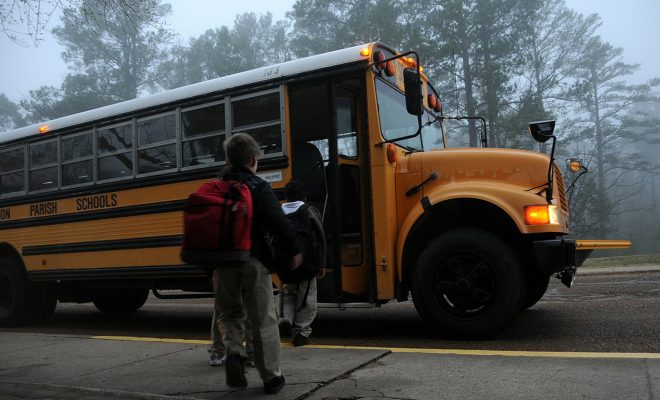Top Menu
Main Menu
- Start Here
- PreK-12
- Higher Ed
- Advertise
- The Tech Edvocate Awards
- The Awards Process
- Finalists and Winners of The 2025 Tech Edvocate Awards
- Finalists and Winners of The 2024 Tech Edvocate Awards
- Finalists and Winners of The 2023 Tech Edvocate Awards
- Finalists and Winners of The 2021 Tech Edvocate Awards
- Finalists and Winners of The 2022 Tech Edvocate Awards
- Finalists and Winners of The 2020 Tech Edvocate Awards
- Finalists and Winners of The 2019 Tech Edvocate Awards
- Finalists and Winners of The 2018 Tech Edvocate Awards
- Finalists and Winners of The 2017 Tech Edvocate Awards
- Award Seals
- Apps
- The Tech Edvocate
- Post a Job
- AI Powered Personal Tutor








